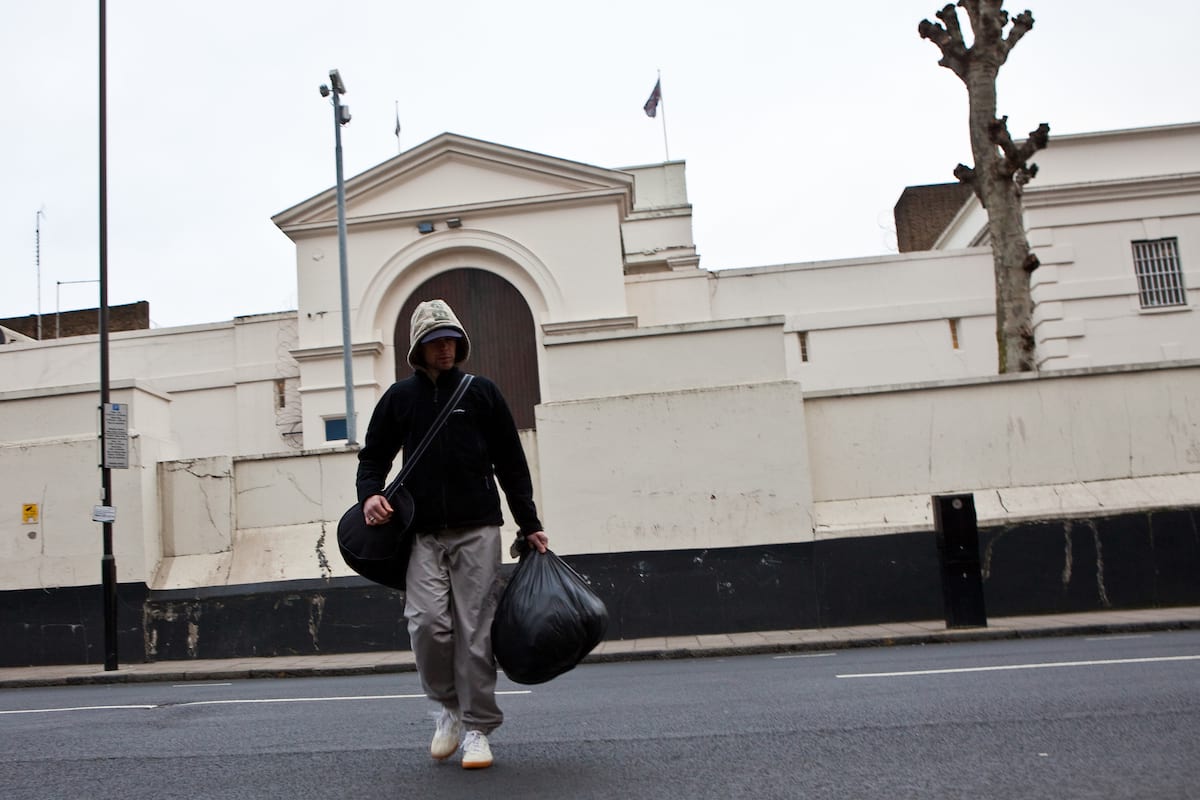Standard Determinate Sentence (SDS40) Release Data
Yesterday (24 April 2025), the MoJ & HMPPS published data on the early release scheme designed to tackle the prison overcrowding crisis. The data covers those released early under SDS40 between 10 September 2024 and 31 December 2024.
SDS40 allows certain prisoners serving a ‘standard determinate sentence’ (with a 50% conditional release point) to be released at the 40% point of their sentence, subject to eligibility criteria. SDS40 has been in operation since 10 September 2024 (with the first ‘Tranche 1’ releases happening on this date):
- ‘Tranche 1’ releases were comprised of eligible prisoners serving sentences of ‘less than 5 years’.
- ‘Tranche 2’ releases were comprised of eligible prisoners serving sentences of ‘5 years or more’. The first ‘Tranche 2’ releases took place on 22 October 2024.
Numbers
A total of 16,231 prisoners were released early during this 3 months & 3 weeks period. The highest number of SDS40 releases (5,369) occurred in October 2024. This aligns with bulk releases on and around Day 1 of Tranche 2 (22 October 2024), together with ongoing SDS40 releases from shorter sentences. There were also a large number of releases on Day 1 Tranche 1 (10 September 2024).
Conditional releases accounted for the largest number of releases across all months (68%, 10,981). 4,422 people were released on Home Detention Curfew and 828 releases are categorised as “other”.
Demographics
Sex
92% of the total SDS40 releases from September 2024 to December 2024 were from male prison establishments (14,940). 1,291 releases were from female establishments.
Age
The age group with the highest number of SDS40 releases was ’30 – 39’ years, accounting for 37% of releases (6,066), followed by 40-49 year olds (23%).
Nationality
The majority of releases (90%) were British Nationals (14,659); 1,546 were Foreign Nationals and nationality was not recorded in 26 cases.
Ethnicity
Three quarters (75%) of prisoners released were White (12,180). 9% were Black or Black British, and 8% were Asian or Asian British. To put this figure into context, the ethnic make up of the sentenced prison population on 31 March 2024, was: White 73.7%; Black or Black British 12.1% and Asian or Asian British 7.8%. White prisoners are more likely and Black prisoners less likely to be released on SDS40.
Sentence Length
Over a third (38%) of those released had a Judicially Imposed Sentence Length (JISL) of less than 12 months (6,113). A fifth (22%) of those released had a JISL of 4 years or more. Full details are shown in this screenshot that I have taken from the accompanying data tables:
Releasing prison
HMP Humber released the largest number of prisoners under SDS40 (483). This was closely followed by HMP Berwyn (438) and HMP Fosse Way (433). These findings align with the higher release volumes seen in these prisons more generally. The highest number of women (184) were released from East Wood Park.
Conclusion
While the Government is to be commended for its transparency, readers will have clocked that this data only goes up to the end of last year and that SDS40 has continued to be in (very regular) use through 2025. Despite the volume of early releases, the prison system remains at crisis point with 88,081 of 89,042 spaces in use on 14 April (the last available data as the MoJ did not publish its weekly figures on Easter Monday).
Thanks to Andy Aitchison for kind permission to use the header image in this post. You can see Andy’s work here





4 responses
Will there be an early release in July for inmates
I think the extended determinate sentances should also get the early release especially those of first time offences 1 mistake doesn’t justify a person’s life. And like it been said the longer in prison the better criminal
My son is in prison for eights years supposed to be realized next October 26. Will he be released early
Hi Sylvia
I’m afraid this is not law yet and may go through many changes before it becomes so. It is also restricted to people not convicted of more serious offences. More importantly, it is unlikely that it will affect people already in prison, even when it does come into law.
Best wishes